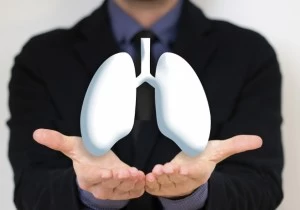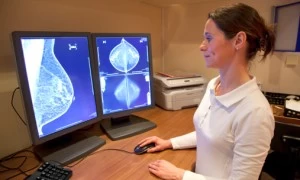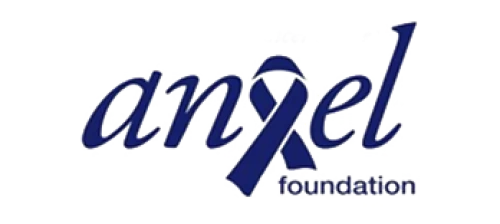
Calcium Build Up In Your Blood: Dangers and Symptoms
Calcium is an essential mineral found in the human body. Only one percent of calcium in the body is found in the blood stream. All the rest is found in our bones and teeth.
What are the Dangers of Calcium Deposits in Arteries?
When excess calcium accumulates in the blood, and when it combines with cholesterol, it has a devastating effect on human health. It forms plaque which adheres to the walls of arteries. These deposits can cause partial or complete blockage. It also hardens the walls of the artery.
In medical terminology, such deposits of calcium and fatty material in the arteries is called atherosclerosis. Buildup of calcium deposits in the arteries increases the risk of coronary artery disease. People with elevated levels of calcium in their blood are much more susceptible to heart attacks and stroke.
What Causes Calcium Deposits in Arteries?
Researchers are unable to find the exact cause for calcium deposits in arteries, but they have concluded certain factors as the main cause. Atherosclerosis develops over a period of time and it occurs due to chronic damage in the arterial wall.
The damage can be as a result of various factors. Smoking is one of the main reasons. You will find high levels of calcium in arterial blood in people who smoke. Excess body fat and high cholesterol add to the problem. High blood glucose level also damages the arteries. During the healing process, calcium as well as other substances begin to deposit on the lining of the arterial wall. Finally, chronic and heavy drinking also increases the risk of high calcium deposits in the arteries.
Symptoms of Calcium Deposits in Arteries
Calcium deposits in the arteries can only jeopardize the normal blood flow if it partially or completely blocks the concerned artery. Visible symptoms depend on which artery of the body is blocked.
If the coronary artery is blocked, the symptoms are pain in the chest with slightest exertion, shortness of breath, heaviness in the chest and a slow or rapid heartbeat.
In case of calcium blockage in the artery supplying blood to the brain the symptoms are dizziness, slurred speech, memory loss, weakness in hands and legs, sudden and severe headache and difficulty maintaining balance.
Calcium deposits in peripheral arteries of the legs and arms or pelvis may produce symptoms such as numbness in the legs, tingling sensation in the affected area and pain and spasm of the muscles.
How to Reduce Calcium Deposits in Arteries Naturally
The way to reduce calcium deposits in arteries is similar to treating atherosclerosis. It involves lifestyle change and medications.
- Smoking cessation will prevent further damage to the internal lining of arteries as well as complications arising from it.
- Eat a balanced diet composed of all essential nutrients.
- Exercise can decrease the buildup calcium and cholesterol inside the artery. Exercise burns body fat and it also does not allow the fat to stay for a long time in the blood.
- Reduce your sodium intake. Sodium is responsible for hypertension. High blood pressure damages the arterial wall and makes it weak. It makes the arteries susceptible to calcium buildup.
- Add more green vegetables such as Broccoli and Brussel Sprouts to your diet. These foods are high in Vitamin K, which is beneficial in blocking calcium buildup in the arteries.
How Can You Find Out If You Have Any Calcium Deposits in Your Coronary Arteries?
Find out your Cardiac Calcium Score. This simple, non-invasive test uses a CT Scan to measure the amount of calcium in your coronary arteries. Detecting signs of early calcification may help to prevent a heart attack or stroke. Cardiac calcium scoring is available at Suburban Imaging-Coon Rapids or Suburban Imaging-Southdale. Learn more about Cardiac Calcium Scoring here.


































































